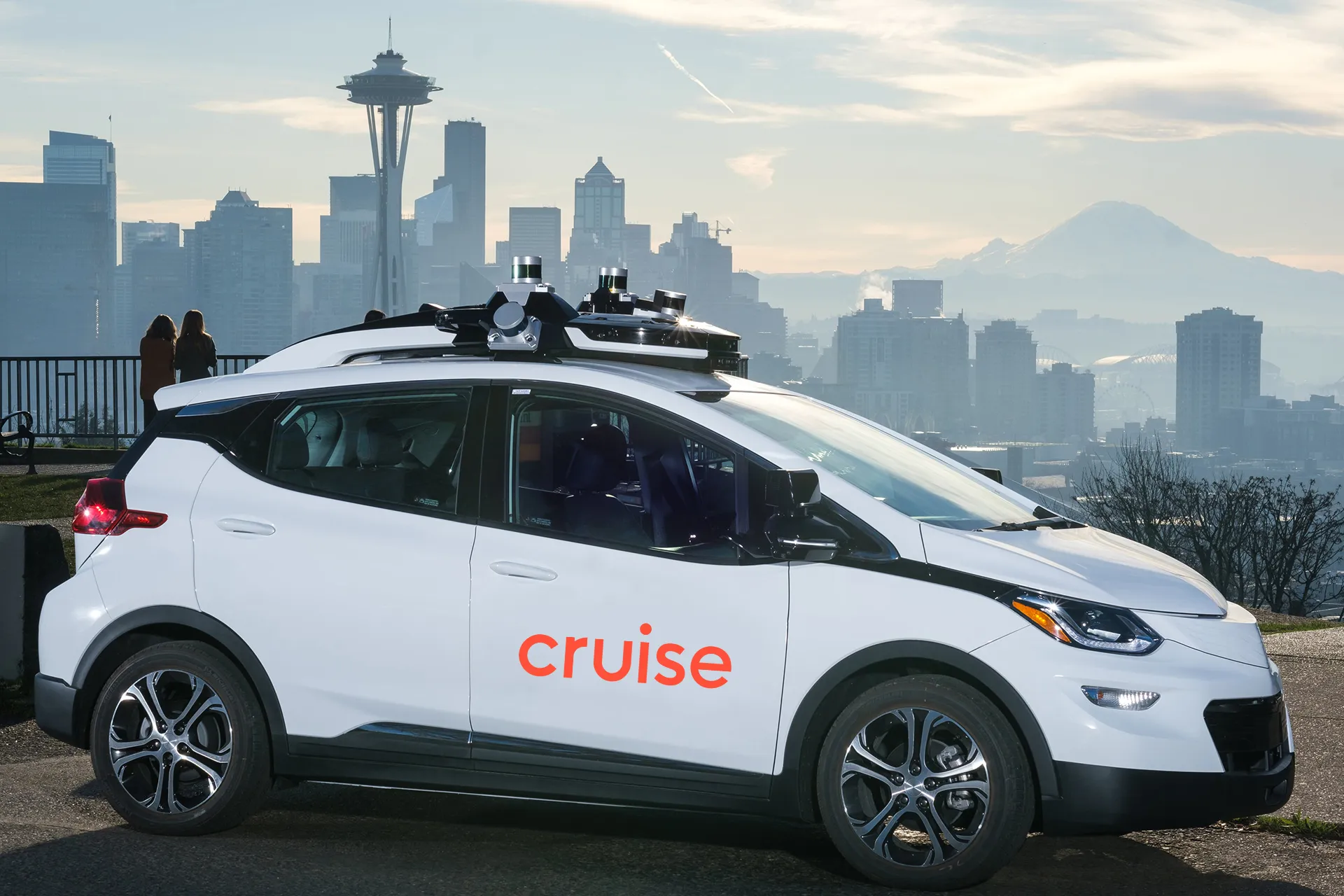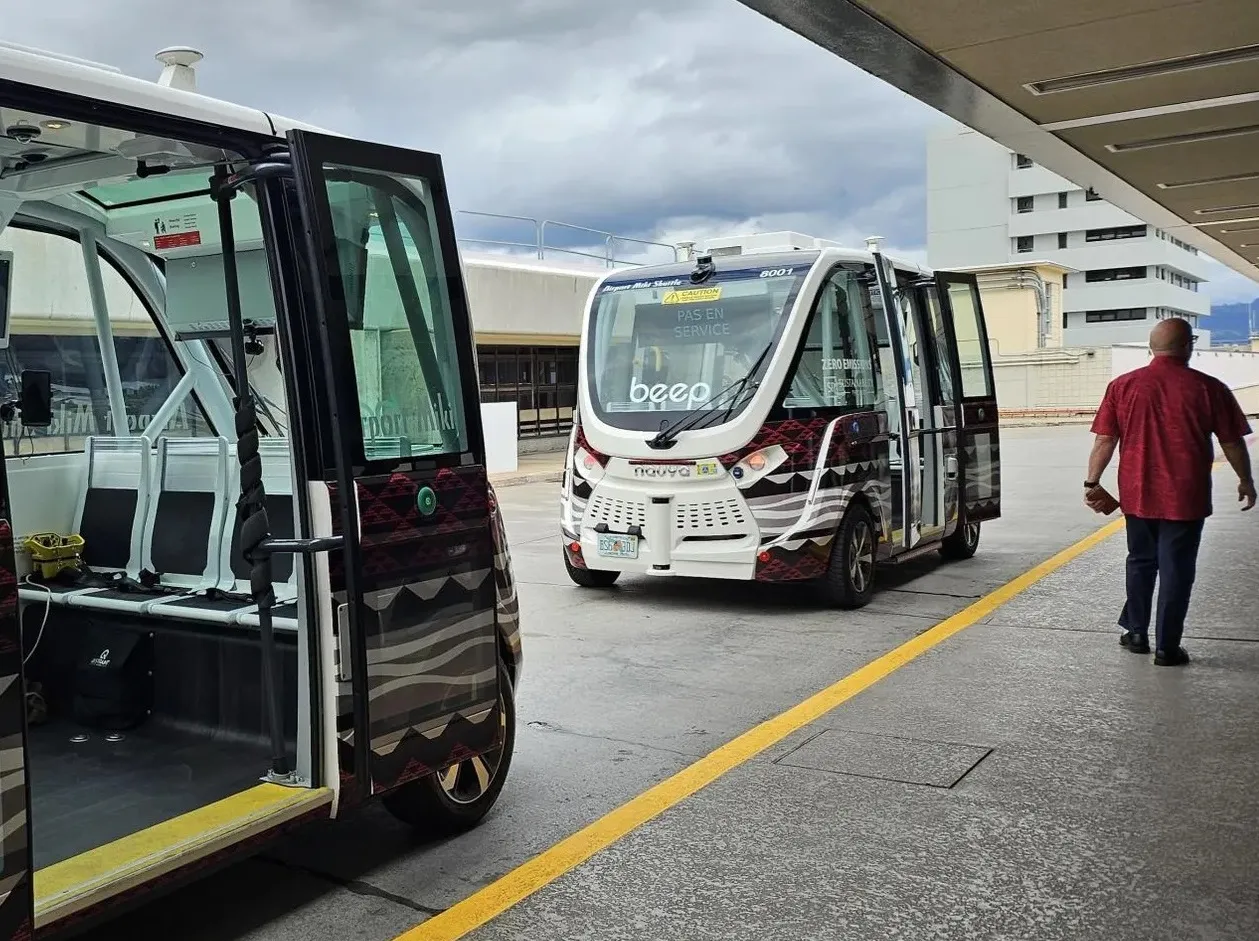The Honolulu Authority for Rapid Transportation (HART) is embarking on a fully automated transportation system to help reduce highway traffic congestion by as much as 18 per cent, officials say, taking as many as 40,000 automobiles off the road and replacing them with a fleet of four-car trains that can accommodate up to 800 passengers.
Said to be the first fully automated wide-scale urban transit system in the United States, the $5.2 billion Honolulu Rail Transit Project features a 20-mile elevated rai
September 19, 2014
Read time: 2 mins
The Honolulu Authority for Rapid Transportation (HART) is embarking on a fully automated transportation system to help reduce highway traffic congestion by as much as 18 per cent, officials say, taking as many as 40,000 automobiles off the road and replacing them with a fleet of four-car trains that can accommodate up to 800 passengers.
Said to be the first fully automated wide-scale urban transit system in the United States, the $5.2 billion Honolulu Rail Transit Project features a 20-mile elevated rail line that will be run through a centralised, scheduled system to prevent human error and reduce delays.
Instead of human drivers, a centrally-located computer system will control stops, departures, and speed, and even open and close doors. Operation will be cheaper than for manually-driven rail, says Dan Grabauskas, executive director and CEO HART, and he also expects it to be safer. The autonomous rail line is expected to begin operating in three years.
Said to be the first fully automated wide-scale urban transit system in the United States, the $5.2 billion Honolulu Rail Transit Project features a 20-mile elevated rail line that will be run through a centralised, scheduled system to prevent human error and reduce delays.
Instead of human drivers, a centrally-located computer system will control stops, departures, and speed, and even open and close doors. Operation will be cheaper than for manually-driven rail, says Dan Grabauskas, executive director and CEO HART, and he also expects it to be safer. The autonomous rail line is expected to begin operating in three years.








